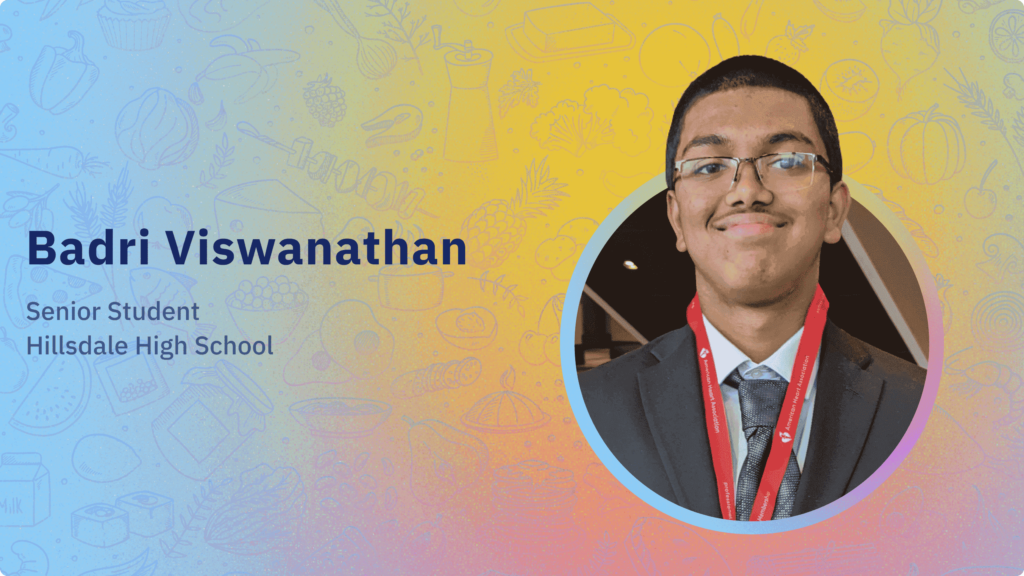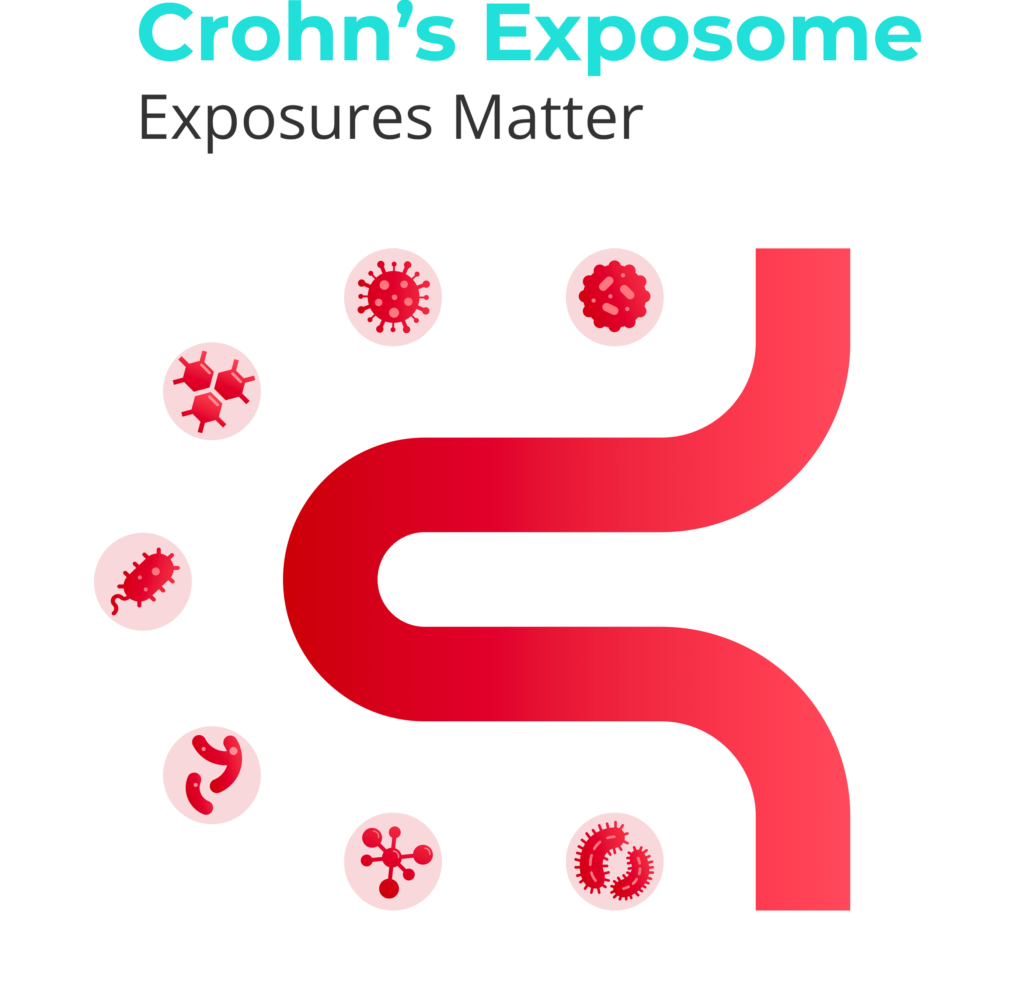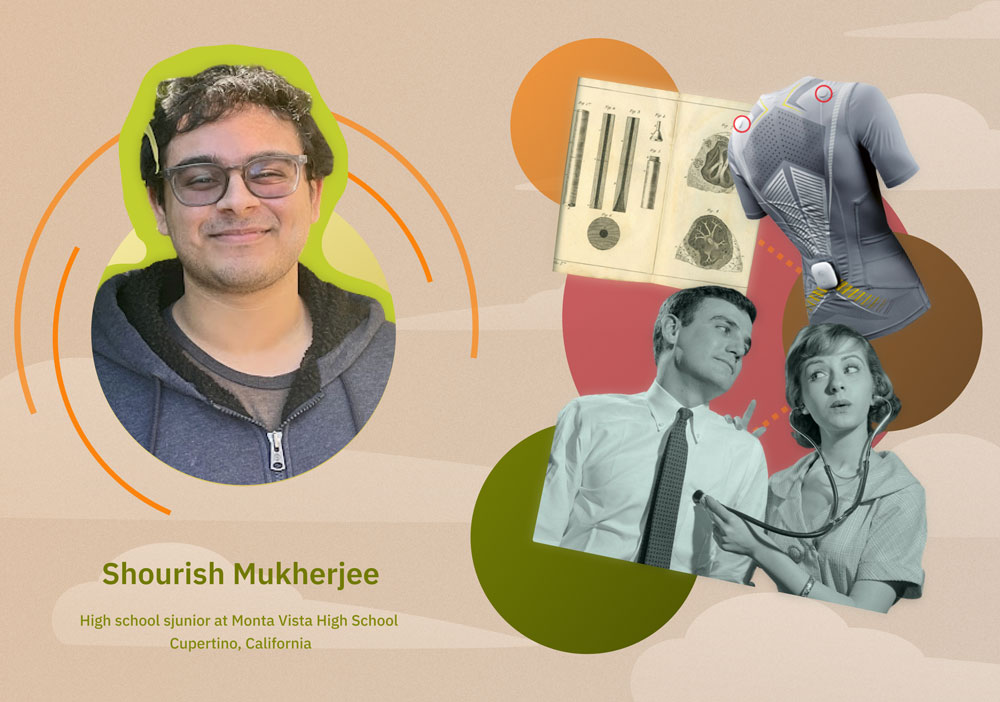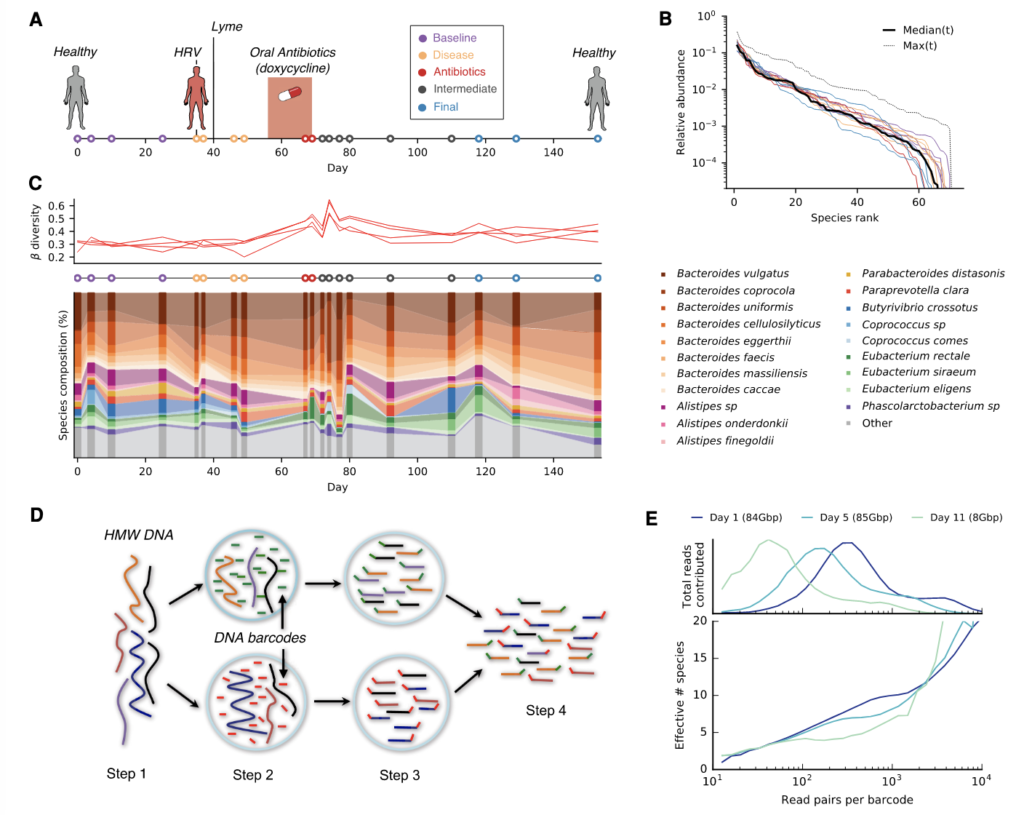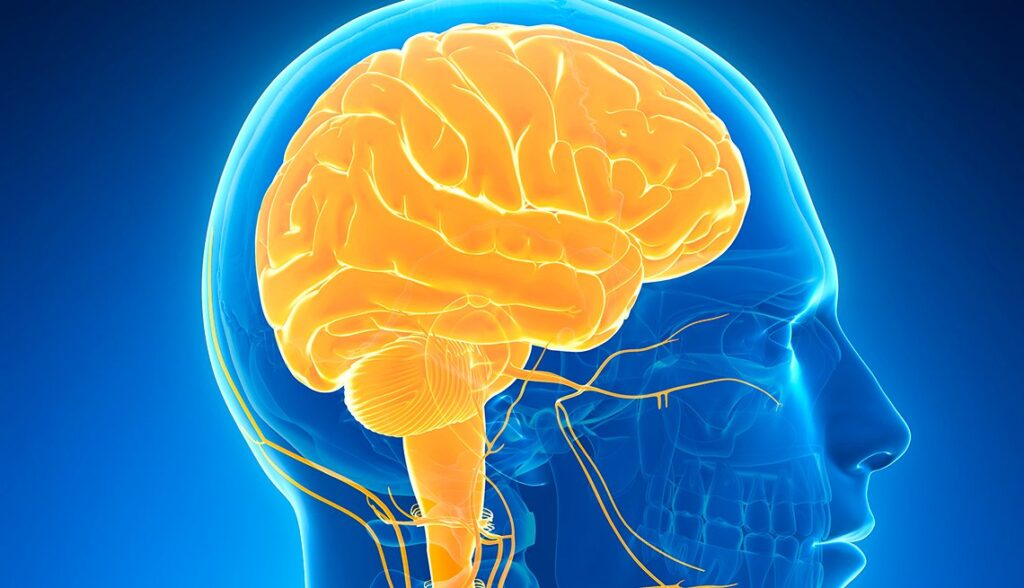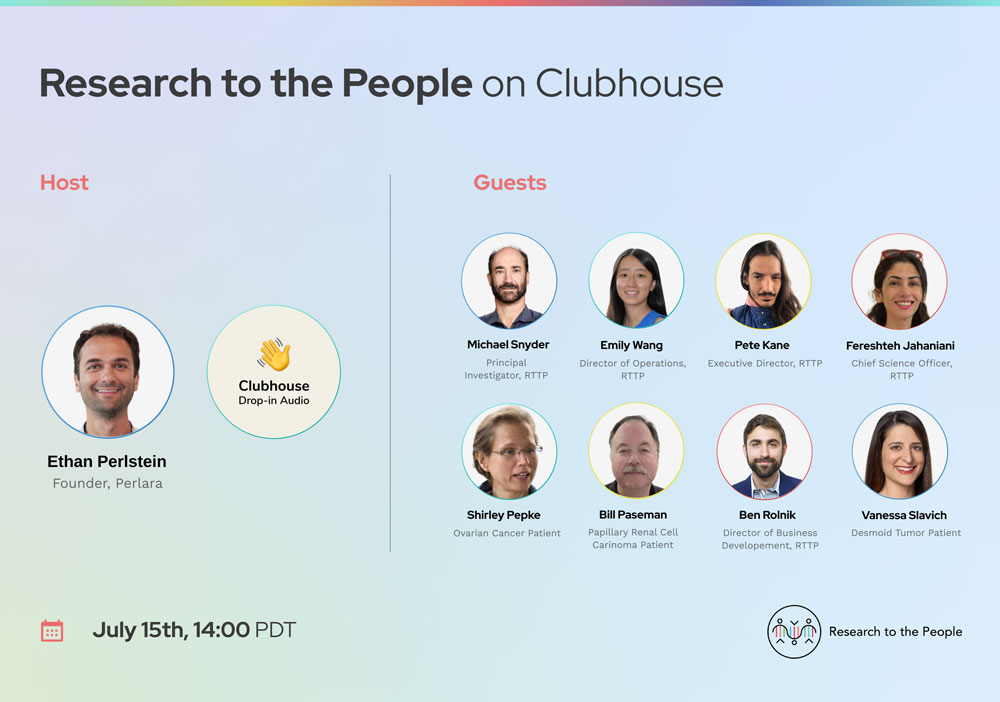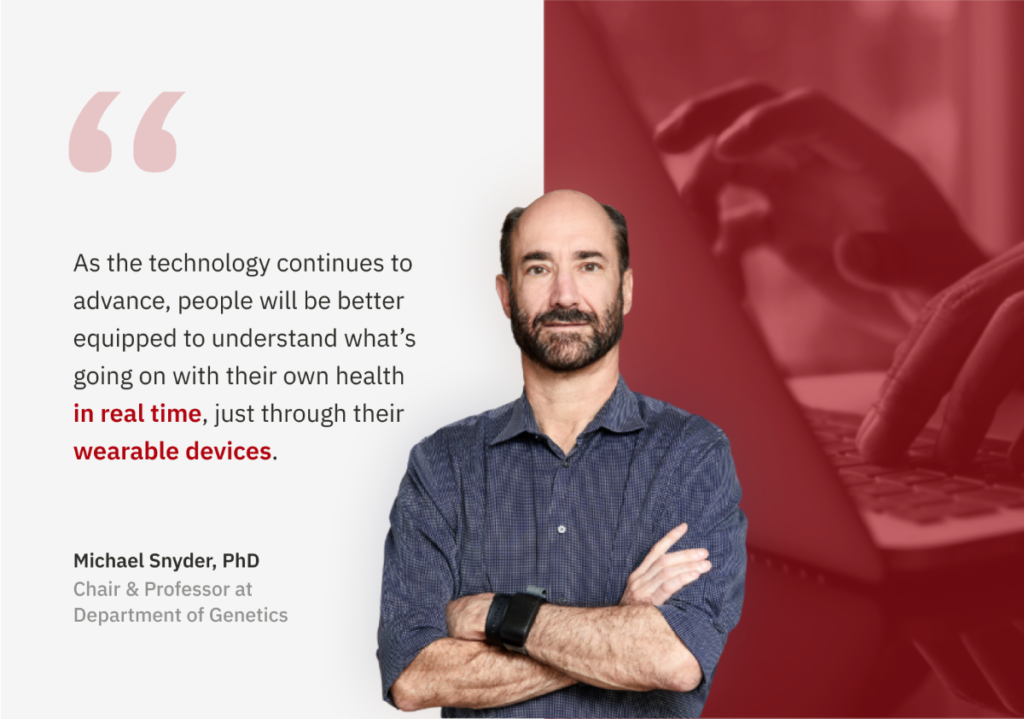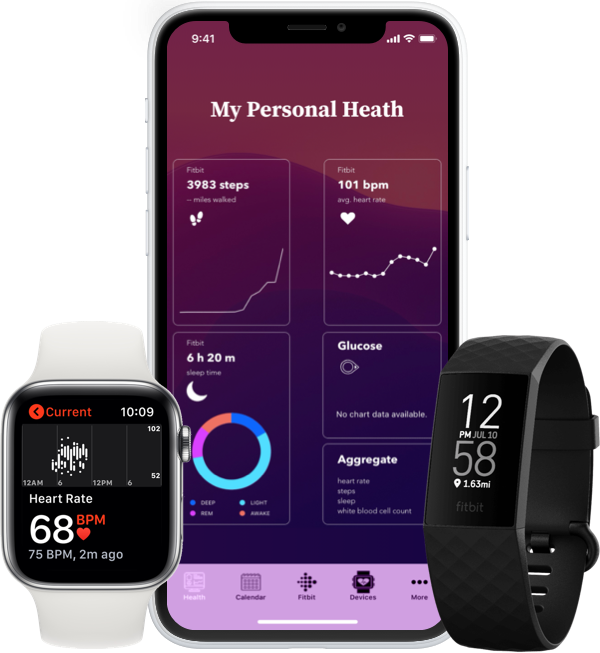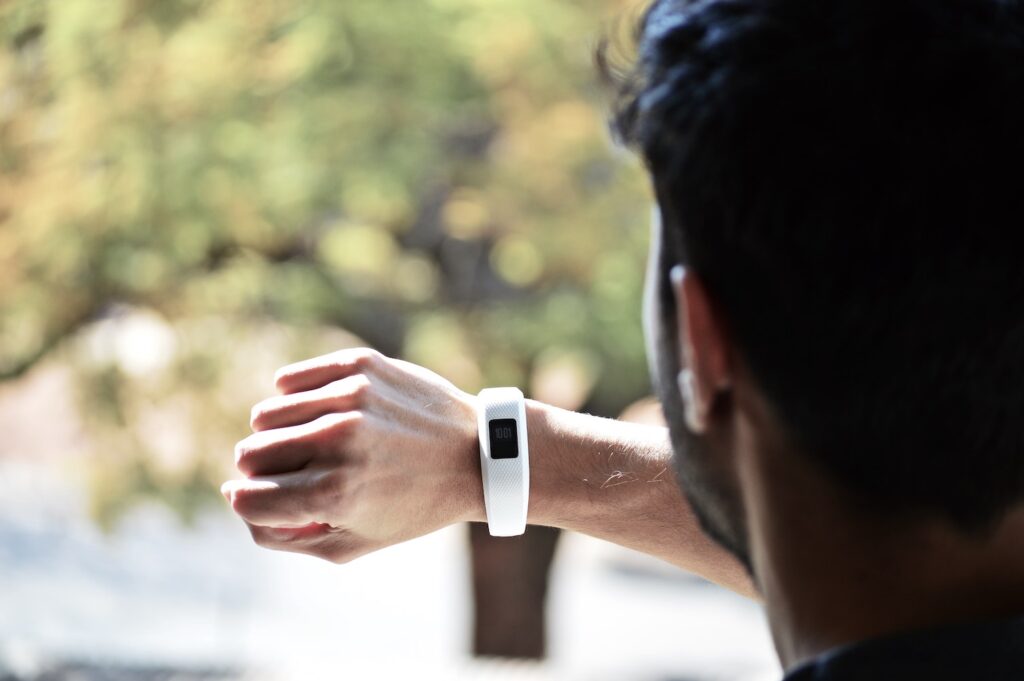Note: Any similarity in this text is due to the maintenance of the original paper’s style. All information credit goes to the authors of the study, as well as supplementary sources.
Research Authors:
Ariel B. Ganz, Benjamin Rolnik, Meenakshi Chakraborty, Jacob Wilson, Cyrus Tau, Matthew Sharp, Dallen Reber, George M. Slavich, and Michael P. Snyder
Abstract:
Depression and mental health disorder rates have dramatically increased during the COVID-19 pandemic. According to the World Health Organization, depression rates increased by 25% between March of 2020 and 2021. Currently, 280 million people internationally have depression.
Depression is a mood disorder with a range of symptoms that can include lasting feelings of sadness, loss of interest in once-enjoyable activities, and thoughts of death or suicide. Depression can also result in numerous physical symptoms including high blood pressure, heart disease, and appetite problems. Pratt et al. (2016) found that depression and anxiety caused almost 4% of American deaths, highlighting the severity of the problem.
Current treatment options rely primarily on medications, which can be effective. However, prolonged usage can lead to dependence and depression relapse if stopped. Cartwright et al. (2016) illustrated that about 43% of patients on antidepressants felt addicted. Additionally, among those with severe depression, almost 37% of individuals did not seek treatment at all. As a result, there is a critical need for more effective treatment to help individuals with depression.
The use of meditation- and reflection-based programs can enhance mental health and help decrease the severity of depression. This is one of the first studies to explore the effects of a comprehensive immersive psychosocial training program for mental wellness. The program explored in this study is an immersive 6-day program that combines many practices, some of which are already known to improve mental health such as cognitive reframing, value reframing, meditation, gratitude, exercise, and social connection. The researchers investigated whether this program would be more effective in treating depression than an active control, gratitude journaling, which has been shown to be beneficial in the past.
Methods:
In this study, 45 individuals were randomly selected and split into two groups. 23 were assigned to a training program called Date with Destiny and 22 were assigned to the control group, in which they did gratitude journaling. In the training program, 14 of the 23 participants were initially depressed. In the gratitude journaling group, 13 of the 22 participants were initially depressed. In terms of depression and depression severity, both groups were statistically identical, allowing the researchers to focus on the effects of the program and gratitude journaling.
Both groups participated in an intervention for 36 days. In the gratitude journaling (control) group, the individuals wrote about positive thoughts in a journal for 10 minutes every day. In the training program group, the individuals spent 6 days fully learning and exploring different activities such as community gathering, physical exercise, and meditation in the program. Then, for the next 30 days, they were told to do a gratitude exercise for 10 minutes every day.
The researchers measured the results based on a scale called PHQ-9 (Patient Health Questionnaire-9), which is used by many doctors to diagnose and assess the severity of depression. According to this scale, the higher the number, the more severe the depression is.
Results:

Source: Ganz, A. B., Rolnik, B., Chakraborty, M., et al. (2022) The above chart shows changes in depression severity over the six-week time period of this study.
As the above chart shows, there was a 59.7 percent larger decrease in depression severity for the training program group compared to the control group over the first 6 weeks. Additionally, the study showed that in the six weeks following the training program, all depressed individuals went into remission, meaning that they became asymptomatic for depression. However, in the gratitude journaling only 31% of the depressed individuals went into remission. This is an especially notable statistic because it shows how effective this program is at combating depression. Importantly, the program improved not only depression scores, but also scores on tests assessing anxiety, stress, loneliness and well-being.
Broadening View:
This study is significant because it revealed that a training program that promotes reflection and behavioral changes can be effective against depression. A previous study found that 30 to 60% of initially depressed participants taking antidepressants became asymptomatic in six weeks. However, this study’s training program saw all initially depressed participants become asymptomatic in six weeks. This difference shows that lifestyle- and reflection-focused training programs can be more effective than other methods of depression treatment, such as medications. Additionally, the success of this program in reducing depression shows how beneficial community gatherings, reflection, and meditation can be to mental health.
As research has shown in the past, depression and mental health problems have been severely harmful, even costing society 12 billion days of work yearly. More research on depression and similar training programs are necessary, but this study shows that by using certain training programs, depression can decrease and well-being can increase, resulting in a healthier and happier human population.
Works Cited:
Ganz, A. B., Rolnik, B., Chakraborty, M., Wilson, J., Tau, C., Sharp, M., Reber, D., Slavich, G. M., & Snyder, M. P. (2022). Effects of an immersive psychosocial training program on depression and well-being: A randomized clinical trial. Journal of psychiatric research, 150, 292–299. https://doi.org/10.1016/j.jpsychires.2022.02.034
Additional Resources:
Cartwright, C., Gibson, K., Read, J., Cowan, O., & Dehar, T. (2016). Long-term antidepressant use: patient perspectives of benefits and adverse effects. Patient preference and adherence, 10, 1401–1407. https://doi.org/10.2147/PPA.S110632 . Accessed 31 August 2023.
“COVID-19 pandemic triggers 25% increase in prevalence of anxiety and depression worldwide.” World Health Organization (WHO), 2 March 2022, https://www.who.int/news/item/02-03-2022-covid-19-pandemic-triggers-25-increase-in-prevalence-of-anxiety-and-depression-worldwide. Accessed 9 July 2023.
Gander, F., Proyer, R.T., Ruch, W. et al. Strength-Based Positive Interventions: Further Evidence for Their Potential in Enhancing Well-Being and Alleviating Depression. J Happiness Stud 14, 1241–1259 (2013). https://doi.org/10.1007/s10902-012-9380-0 . Accessed 31 August 2023.
Guide, Step. “Going Off Antidepressants – Harvard Health Publishing – Harvard.” Harvard Health, 15 May 2022, https://www.health.harvard.edu/diseases-and-conditions/going-off-antidepressants. Accessed 22 August 2023.
“How Does Depression Affect the Heart?” American Heart Association, 22 June 2021, https://www.heart.org/en/healthy-living/healthy-lifestyle/mental-health-and-wellbeing/how-does-depression-affect-the-heart. Accessed 9 July 2023.
Kennedy, Sidney. “Full remission: a return to normal functioning.” NCBI, https://www.ncbi.nlm.nih.gov/pmc/articles/PMC161656/. Accessed 9 July 2023.
Pratt, L. A., Druss, B. G., Manderscheid, R. W., & Walker, E. R. (2016). Excess mortality due to depression and anxiety in the United States: results from a nationally representative survey. General hospital psychiatry, 39, 39–45. https://doi.org/10.1016/j.genhosppsych.2015.12.003
“Psychiatry.org – What Is Depression?” American Psychiatric Association, https://www.psychiatry.org/patients-families/depression/what-is-depression. Accessed 9 July 2023.
Shim, R. S., Baltrus, P., Ye, J., & Rust, G. (2011). Prevalence, treatment, and control of depressive symptoms in the United States: results from the National Health and Nutrition Examination Survey (NHANES), 2005-2008. Journal of the American Board of Family Medicine: JABFM, 24(1), 33–38. https://doi.org/10.3122/jabfm.2011.01.10012. Accessed 31 August 2023.
Trivedi M. H. (2004). The link between depression and physical symptoms. Primary care companion to the Journal of clinical psychiatry, 6 (Suppl 1), 12–16. https://www.ncbi.nlm.nih.gov/pmc/articles/PMC486942/ . Accessed 31 August 2023.
Badri Viswanathan is a senior at Hillsdale High School. He is extremely interested in the promise of genomics and other scientific breakthroughs, especially as pertaining to cardiology. He is the founder and president of a club at his school called Medicine for Us!, in which scientific literature is condensed and analyzed. This research is then shared to the community through monthly presentations.
In collaboration with the Stanford Healthcare Innovation Lab, he furthers his mission by analyzing promising new findings, such as multi-omics research. Badri hopes to be a cardiologist and conduct research one day.





